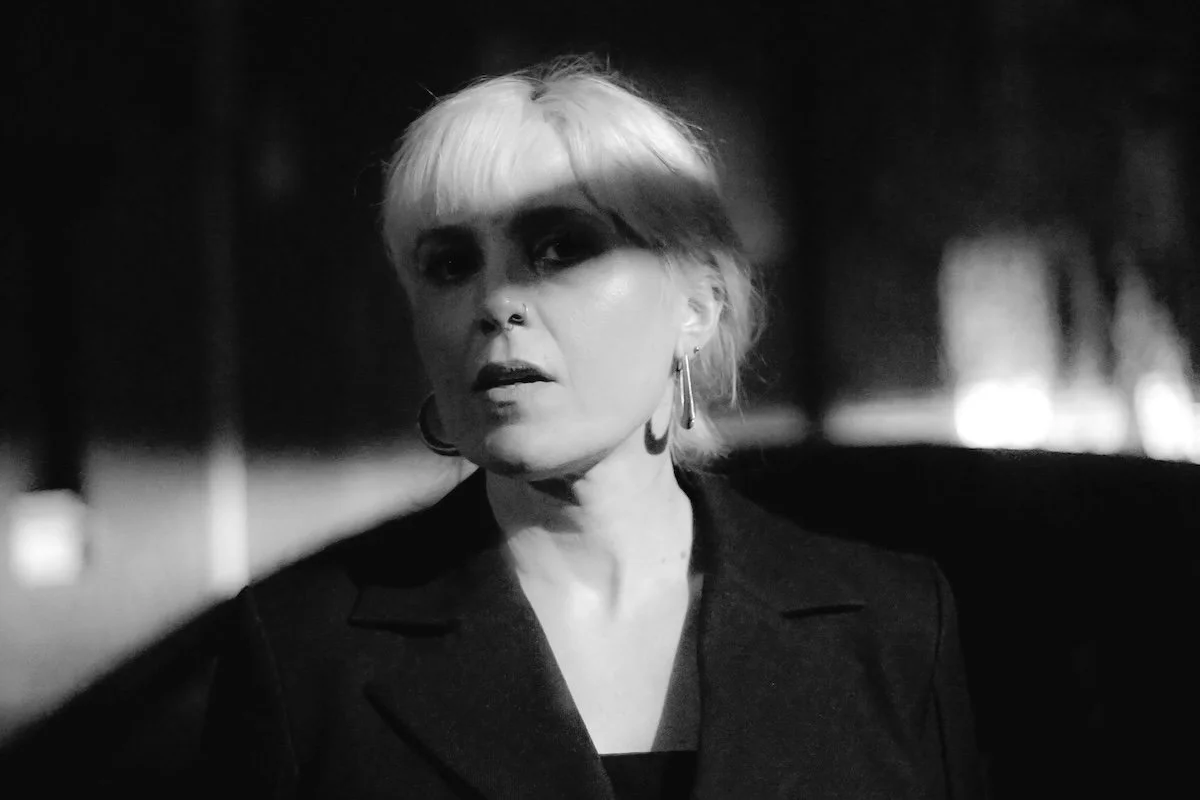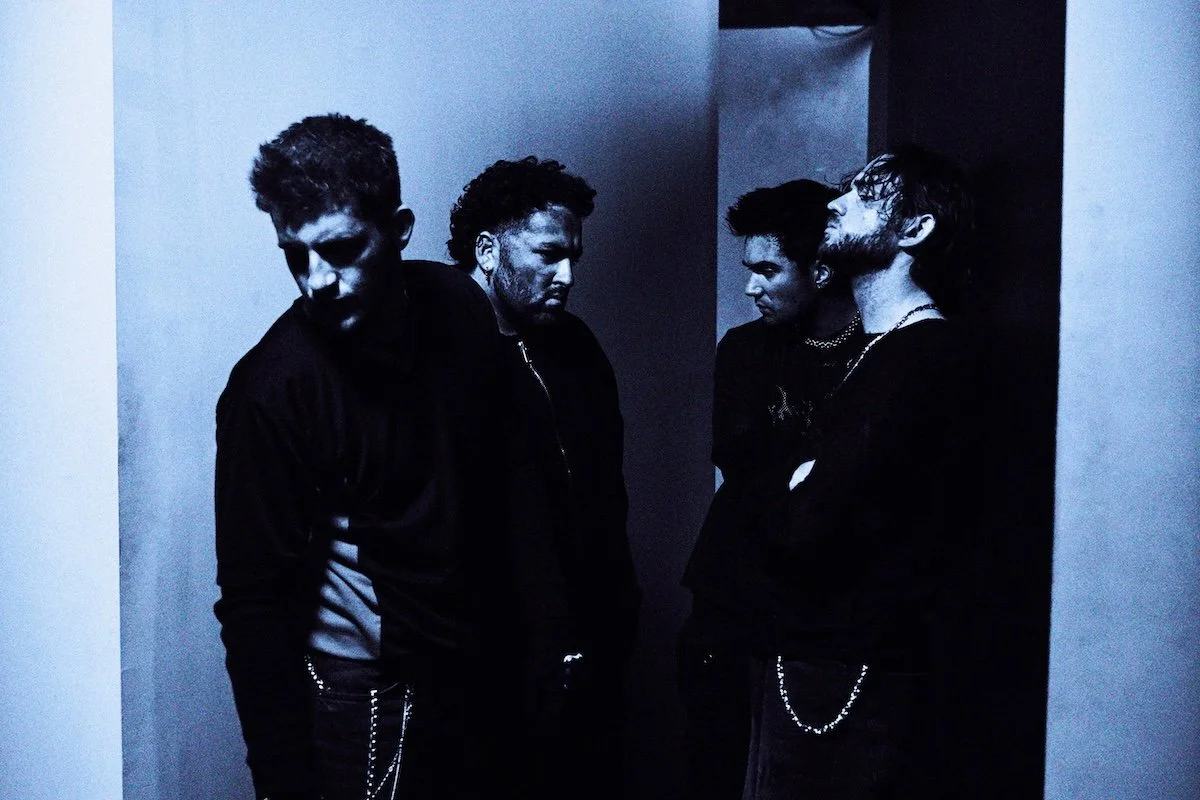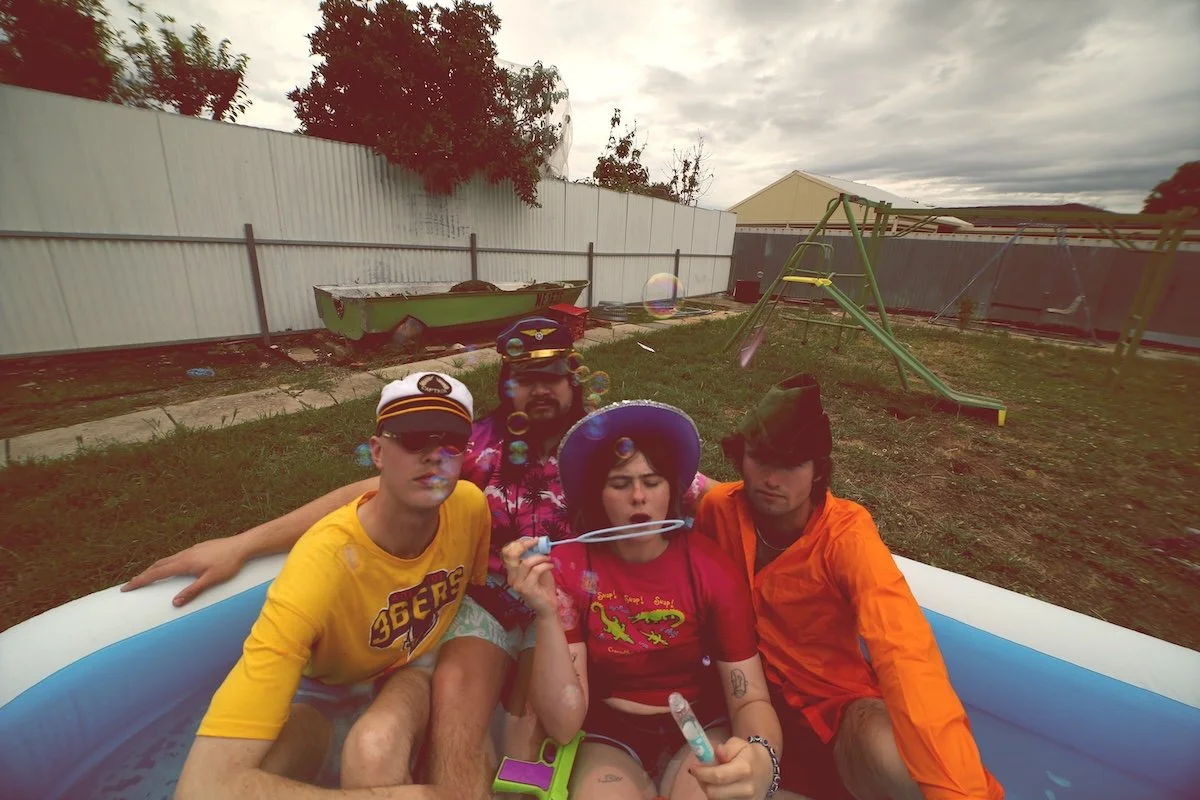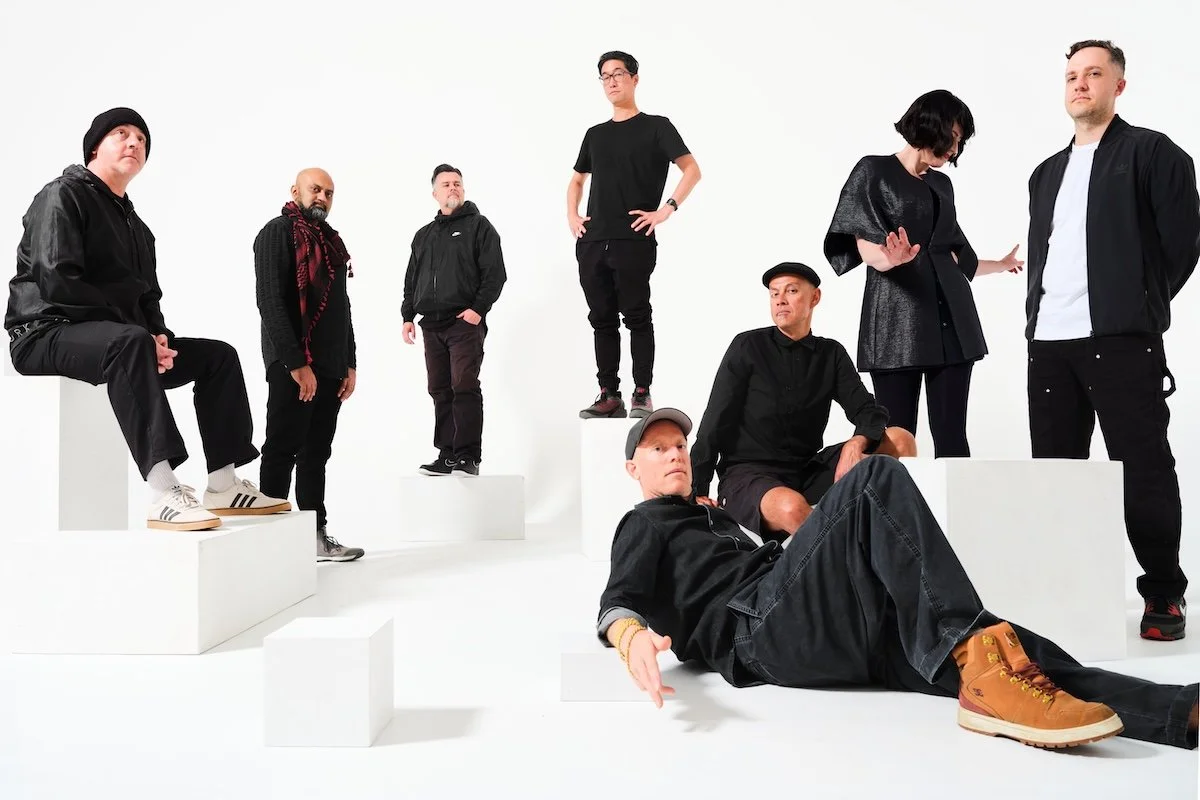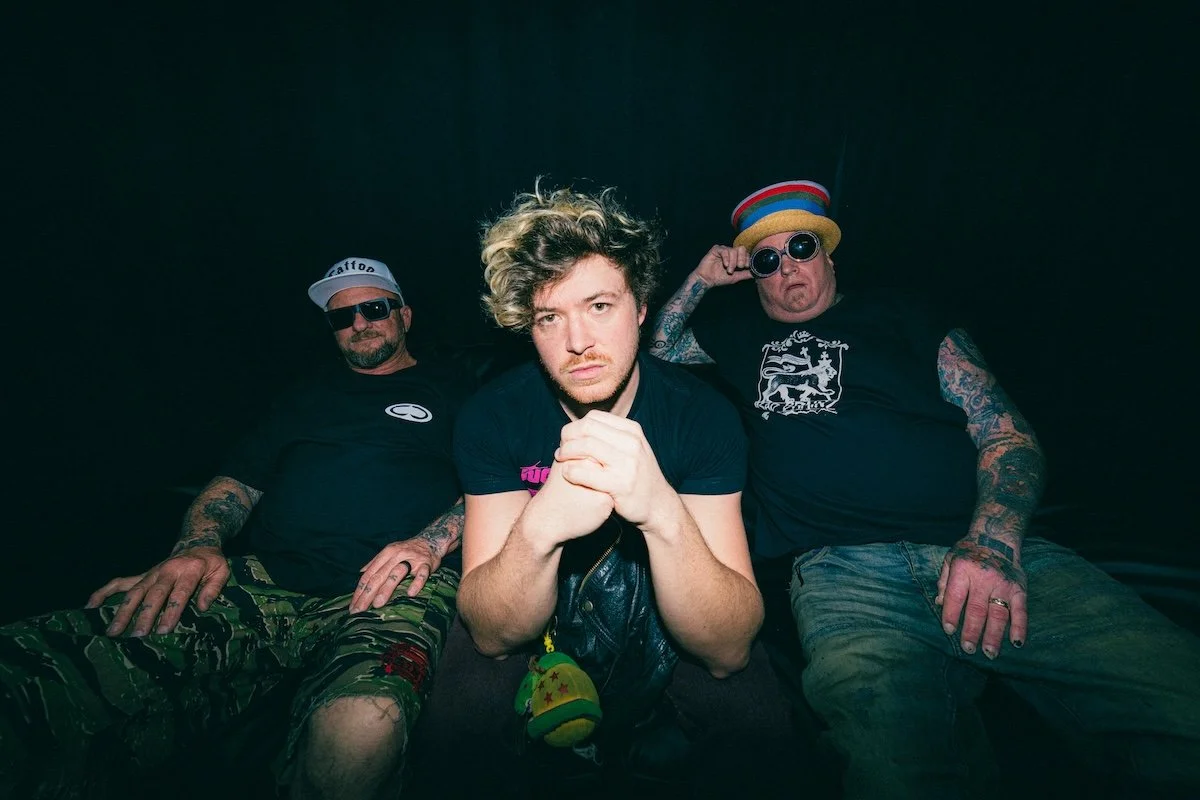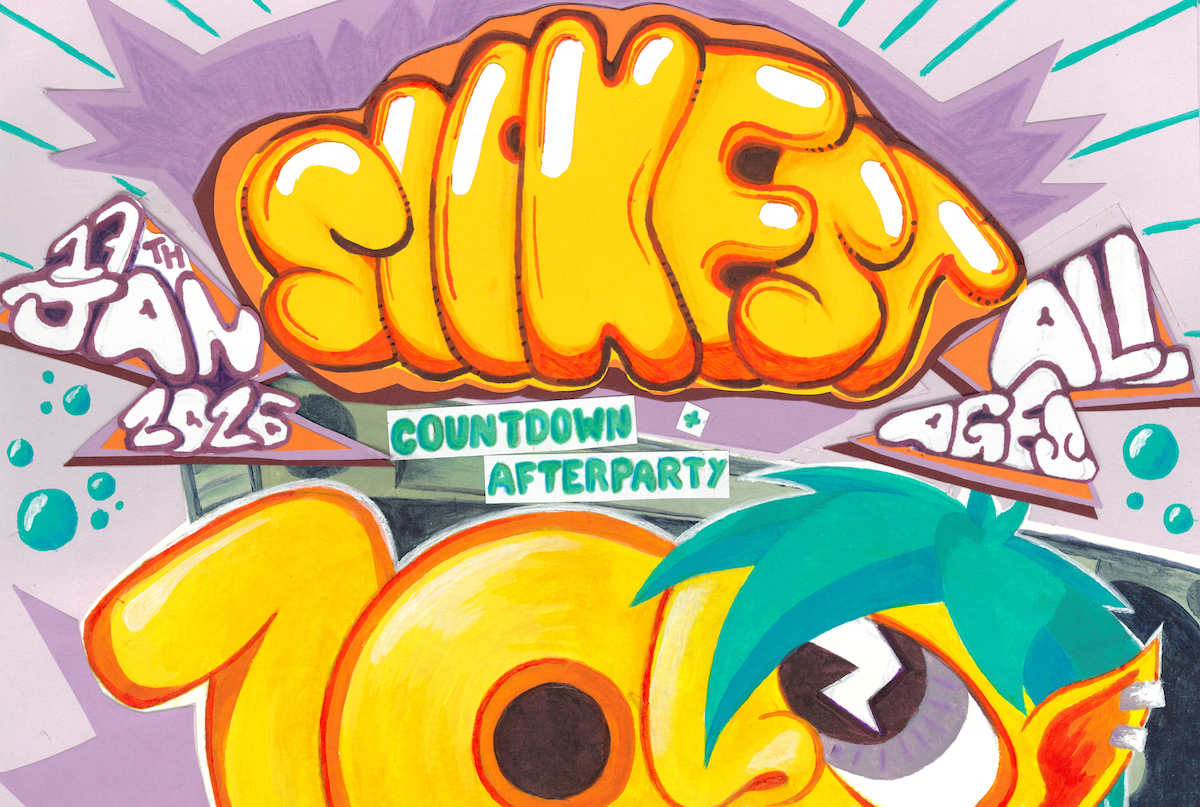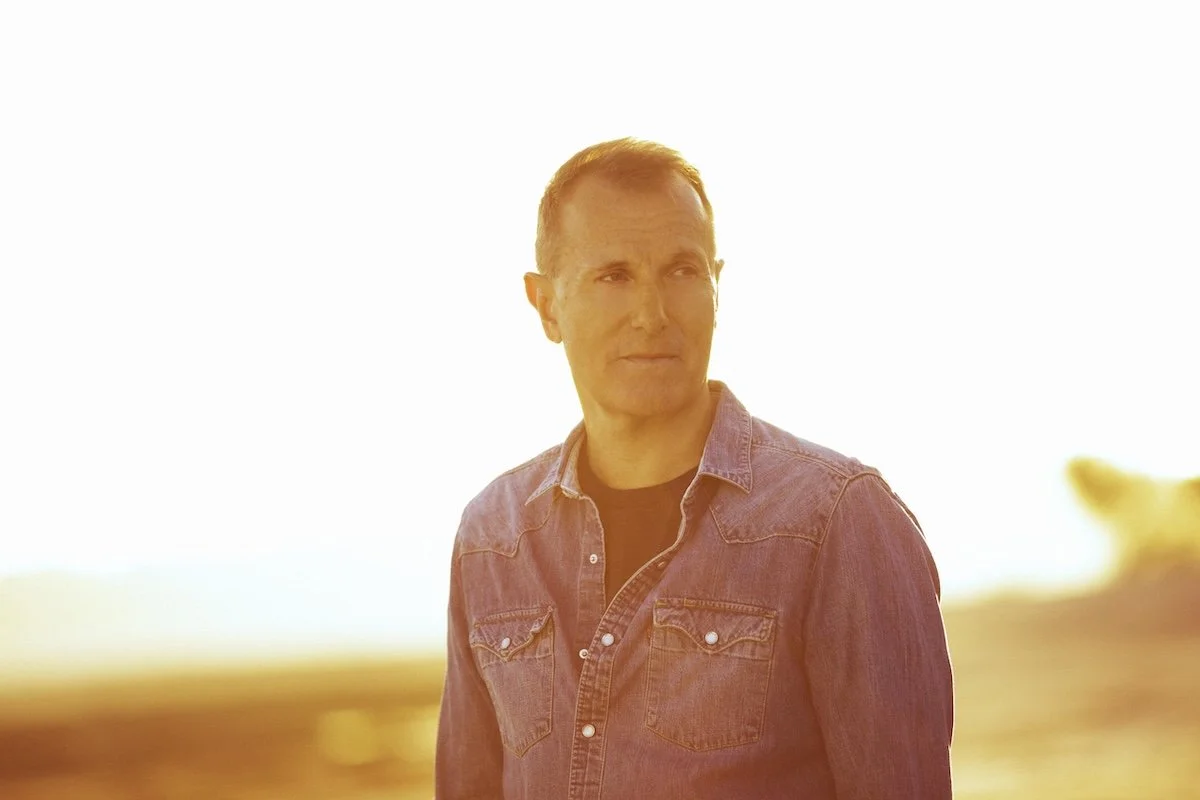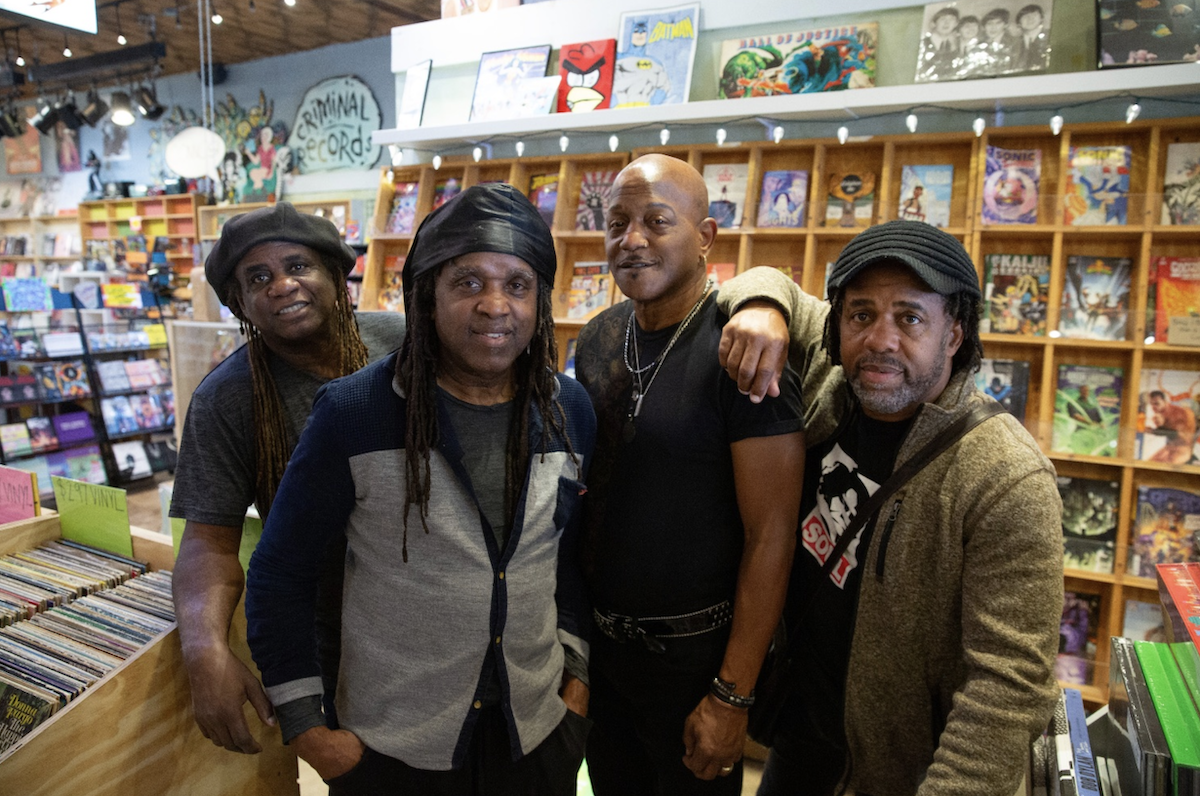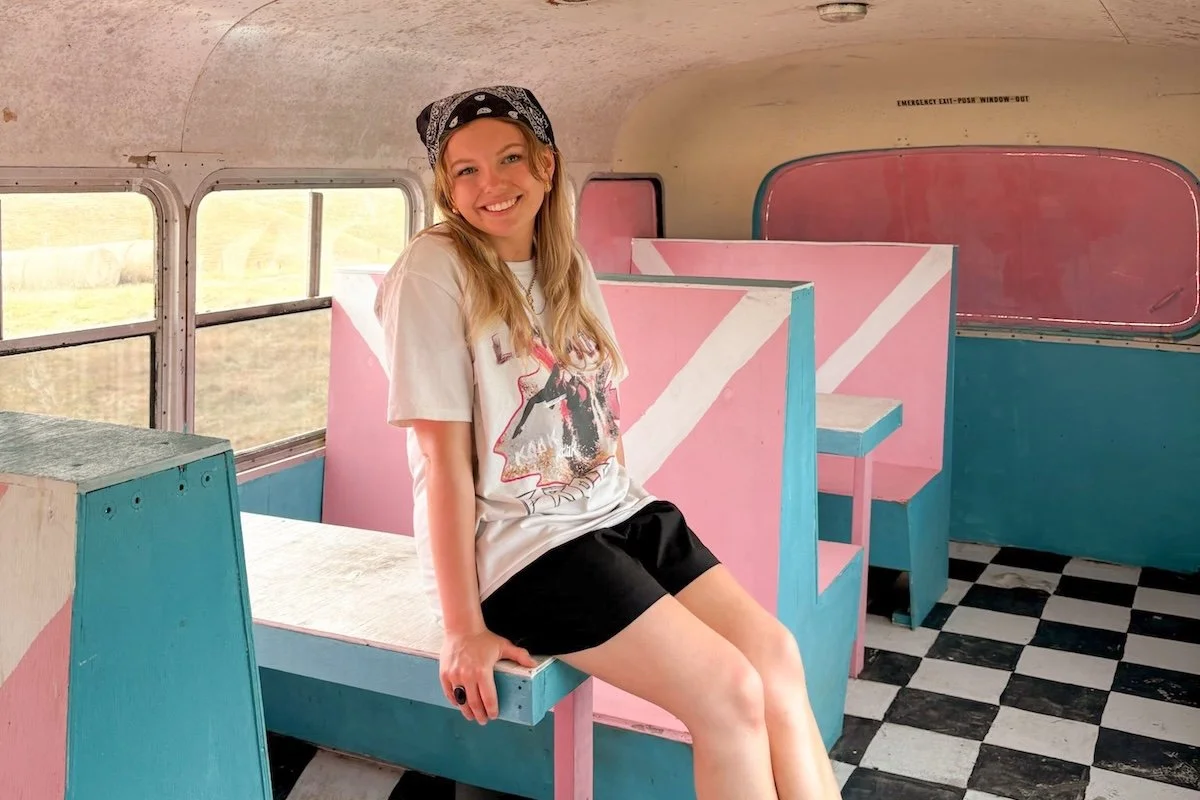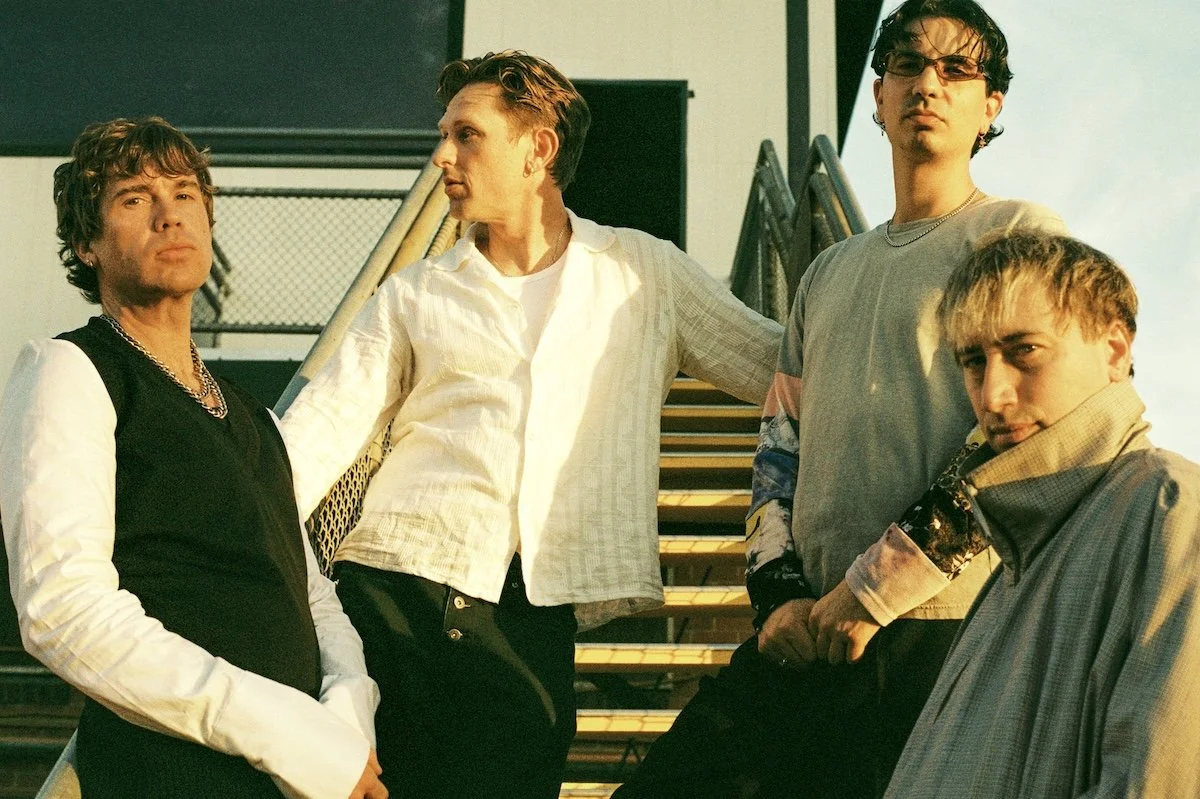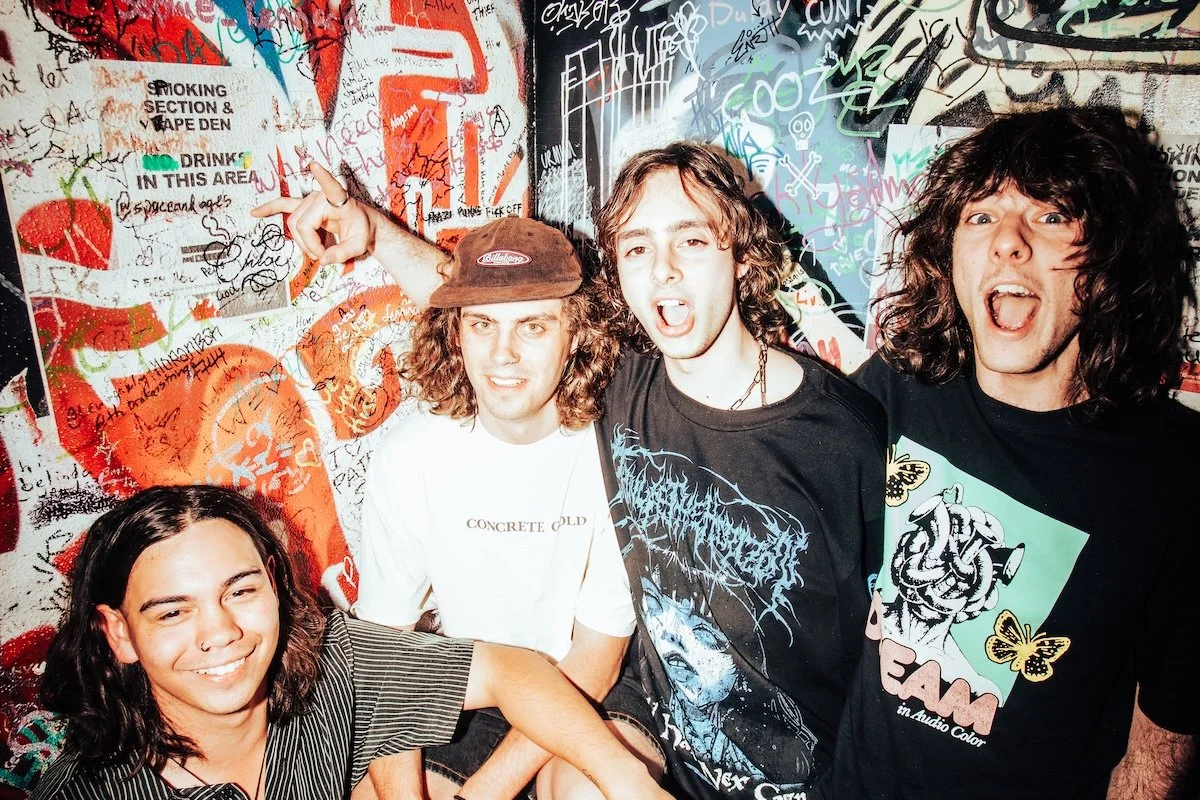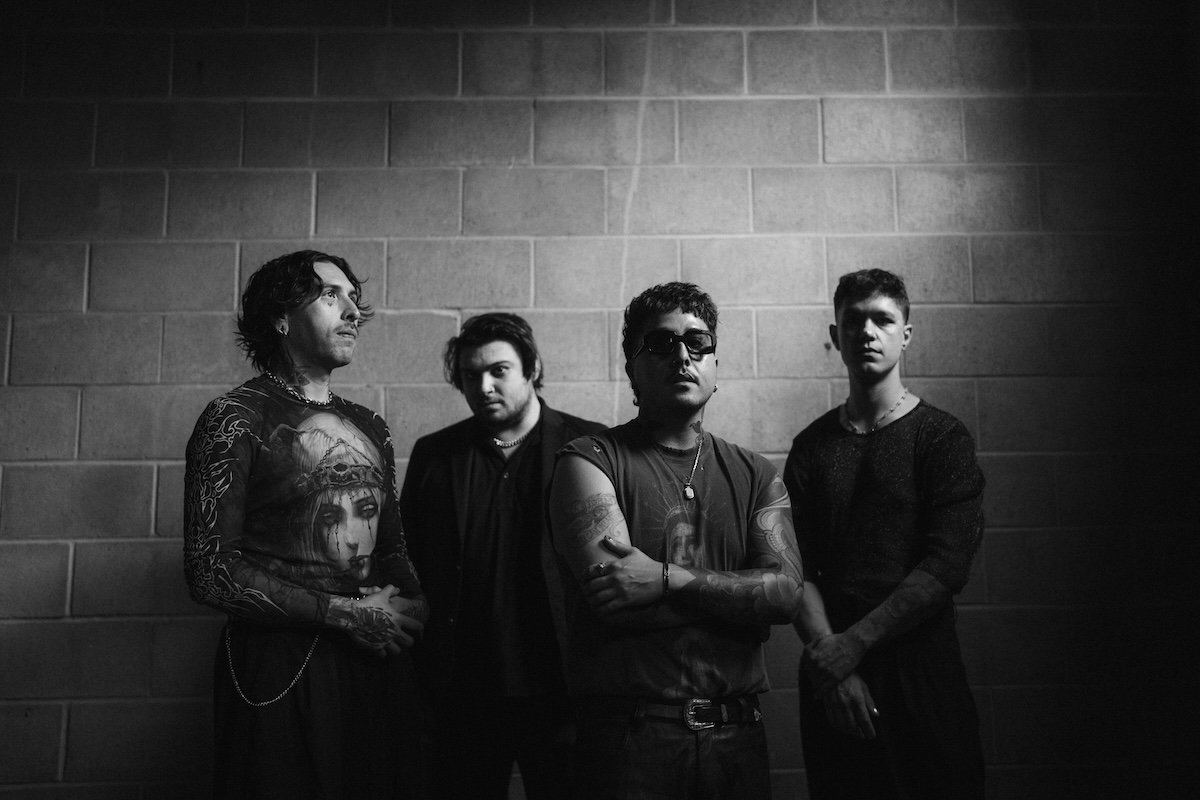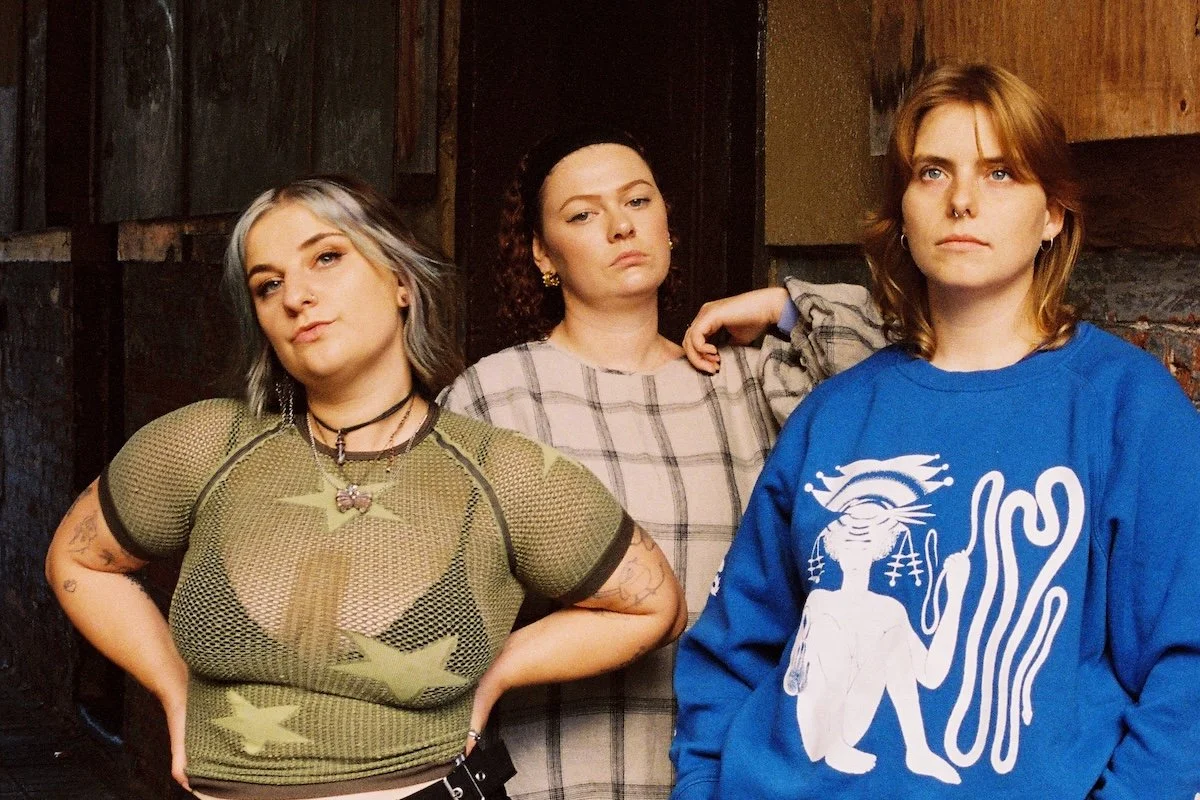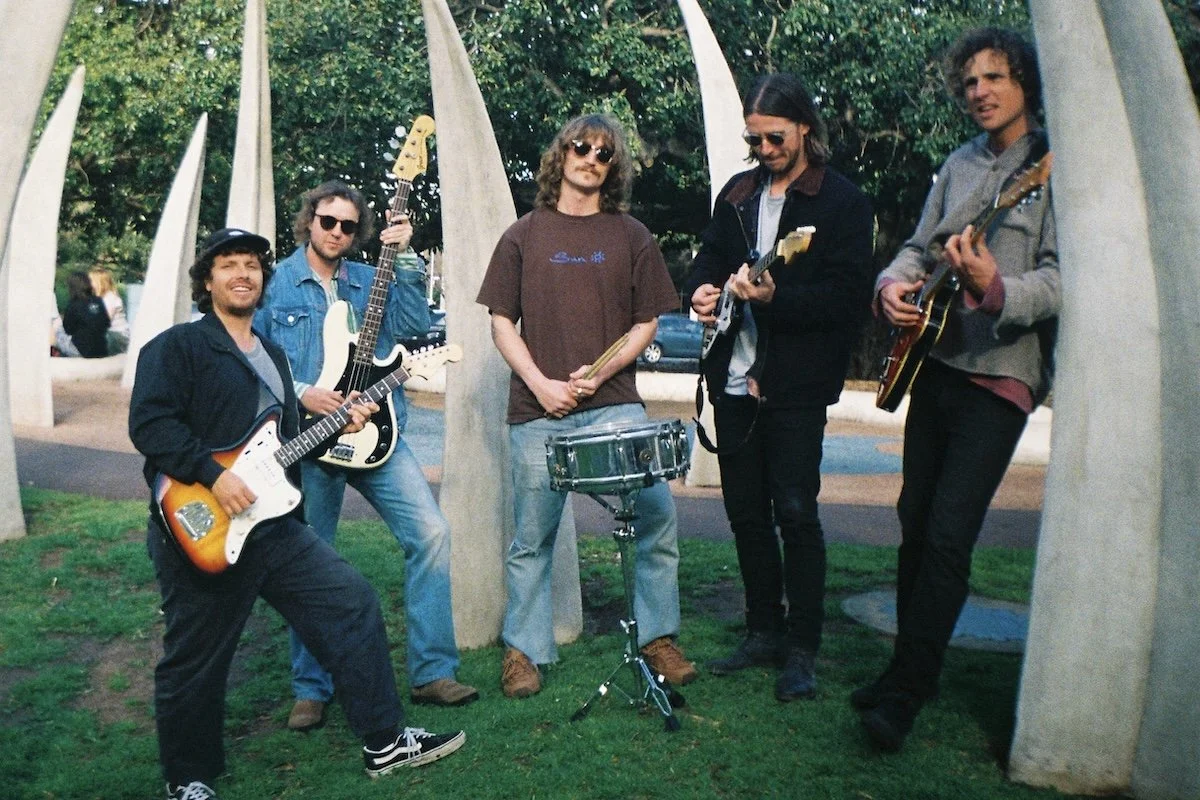Liz Stringer Is Coming Home
The folk-rock veteran talks about the severity of Australia’s housing crisis, performing with the legendary Midnight Oil and the joy of being reborn through music.
Words Emily Wilson // Image Lisa Businovski
When listening to Liz Stringer’s seventh studio album The Second High, it is clear that the veteran Melbourne-bred folk-rock singer-songwriter is constantly shedding skin, growing into new versions of herself, and offering up these personas and feelings for tender examination. The album is complex and contemplative, aching with mature perspective and artistic precision. Across the ten tracks, the instrumentation is crisp but delicate, and Stringer’s voice is robust, somehow simultaneously searching and soothing. And though The Second High is not shy of tough emotion, its title is apt: it offers up peaks of earnest, soaring adrenaline. The first track in particular, Coming Home, with its retro synth jingles and its muscular melody, lets the listener in on unbridled joy - the kind of joy that can only come of totally surrendering oneself to feeling it all - something that Stringer has clearly committed to doing.
Though the Australian artist is now based in London, she is, in fact, coming home. The To Survive Tour will see her performing all across the nation, supporting local charities at each show. The tour, presented in partnership with Wombat Housing Support Services, will act as a means of boosting awareness about Australia's housing crisis and raising money for those most vulnerable. Audiences will be given the opportunity to donate their chosen amount to a local community support organisation using QR codes at each show, to which Stringer will also donate personally.
“To me, having access to a large number of people through my life as a musician means that I have a social responsibility to do what I can to help my community,” Stringer says of her commitment to social and political action. “I don’t at all think that every musician or artist should be obligated to feel like that; it’s just a very personal feeling. Particularly now, when the world is so unstable and the wealth gap is growing exponentially, it’s community and togetherness that has the power to keep people positive and provide a sense of self-worth and belonging. If I’m in the position to do that, which I am, then I want to take that opportunity.”
She explains why Wombat Housing Support Services in particular moved her as an organisation. “Wombat are really on the coalface of the housing crisis in Melbourne, looking after people struggling with homelessness and housing instability in the inner west of our second biggest capital city. They work incredibly hard against massive odds to help people, and I find that immensely inspiring and have huge respect for them and what they do. In my opinion, governments at all levels in Australia should be doing more, and if it wasn’t for organisations like Wombat and all of the orgs we’re partnering with across the tour, so many more people would slip through the net and live perpetually in a state of homelessness and chronic financial instability. It’s not good enough.”
Stringer adds astutely, “I think the biggest misconception [about the housing crisis] is how close we all are to being in a similar position to the people our charity partners look after. As rents and the cost of living soar, it’s really only the rich who can feel any legitimate sense of safety, while more and more cohorts of Australians are rapidly slipping into housing stress and financial instability. It’s easy to look at someone on the street and feel no connection to them, or assume that it’s their own fault that they’re in that position, but it’s never as simple as that, and as long as we nurture that ‘us and them’ mentality, the wealth gap will only grow, putting more and more of us at risk.
READ MORE: Fanny Lumsden Gives Us Her Blood, Sweat and Tears
Stringer’s reputation as a consummate artist, as a musician’s musician, was recently further solidified by a stint as a backup singer for the legendary Midnight Oil.
“It was such a huge experience in every way,” she gushes. “As a band they’re unmatched, in my opinion. So much power (and passion lol) and they gave it absolutely everything every single night. As people they’ve put their money where their mouths are for their whole careers and actively campaigned for human rights and the climate, often at considerable professional and personal risk. And they’re now like uncles to me and Leah Flanagan - my best mate who also sang with them. They’re the best people. It was just massive.”
And since moving to London, Stringer has continued to come into her own artistically.
“There are definitely similarities between both the scenes,” she says when comparing the musical worlds of Australia and the United Kingdom. “Obviously in the UK the higher population means that there’s a lot more working musicians and there are strong sub-scenes everywhere for every kind of music. I do think that Australia punches above its weight as far as its music scene goes, and there is a steady stream of Australian musicians performing in the UK and Europe, which is testament to that.”
She is playing in Adelaide on November 8 at the Lion Arts Factory with a full band, and solo on November 9 at Trinity sessions. “I’ve always found Adelaide audiences to be really warm. I’ve had some great shows in Adelaide, but it’s been a while, so I’m really pumped to be coming back and playing two very different shows.”
When in Adelaide, Stringer will be playing in support of the local charity Hutt Street Centre.
“I worked with an admin gun Natasha Lieschke, who worked with me on this tour, to research and find organisations in each location who we thought aligned in some way to Wombat. Hutt St, like Wombat, makes a huge impact in their community. They not only meet immediate needs like hot meals and showers, etc, but also provide longer-term support for people experiencing homelessness. Perhaps most importantly, and like Wombat, they provide a sense of support and care for people who are doing it really tough, many of whom are battling with feelings of isolation and despair. Knowing that someone cares about you is vital for every human being.”
Stringer is contributing musically, artistically, and socially to a world characterised by divisiveness, defined by uncertainty and danger.
“I think art is what connects us, which is incredibly important at the moment,” she says. “While everything is so loaded and divided, it’s easy to forget that we’re all just human beings ultimately. Art allows us to connect to each other by giving us insight into the shared human experience and also by providing joy and escape. I think it’s more important than ever to be making art in times like this.”
Stringer, known for her lyrical depth, “loves” literature - she is, in fact, currently working her way through Dostoevsky’s Crime and Punishment. “I just love words and the way good writers use them, so other people’s writing is a constant source of inspiration for me.”
As an artist, Stringer is constantly making herself new, reborn again and again through her songs. Songwriting, as a process, helps her to “make sense of feelings and experiences and kind of iron out conflict in my inner world, or express a sense of joy or love and give it a body in the outside world.” She adds, “Performing has this enormous power to kind of completely purge and then replace all the cells in your body, at least it feels like that haha! As someone who feels a lot and has dealt with a lot of anxiety and depression, performing feels like an energetic rinse, and I feel incredibly lucky to be able to experience that again and again.”
Catch Liz Stringer performing at Lion Arts Factory on Saturday 8 November and Trinity Sessions on Sunday 9 November. Tickets on sale via lizstringer.com.

